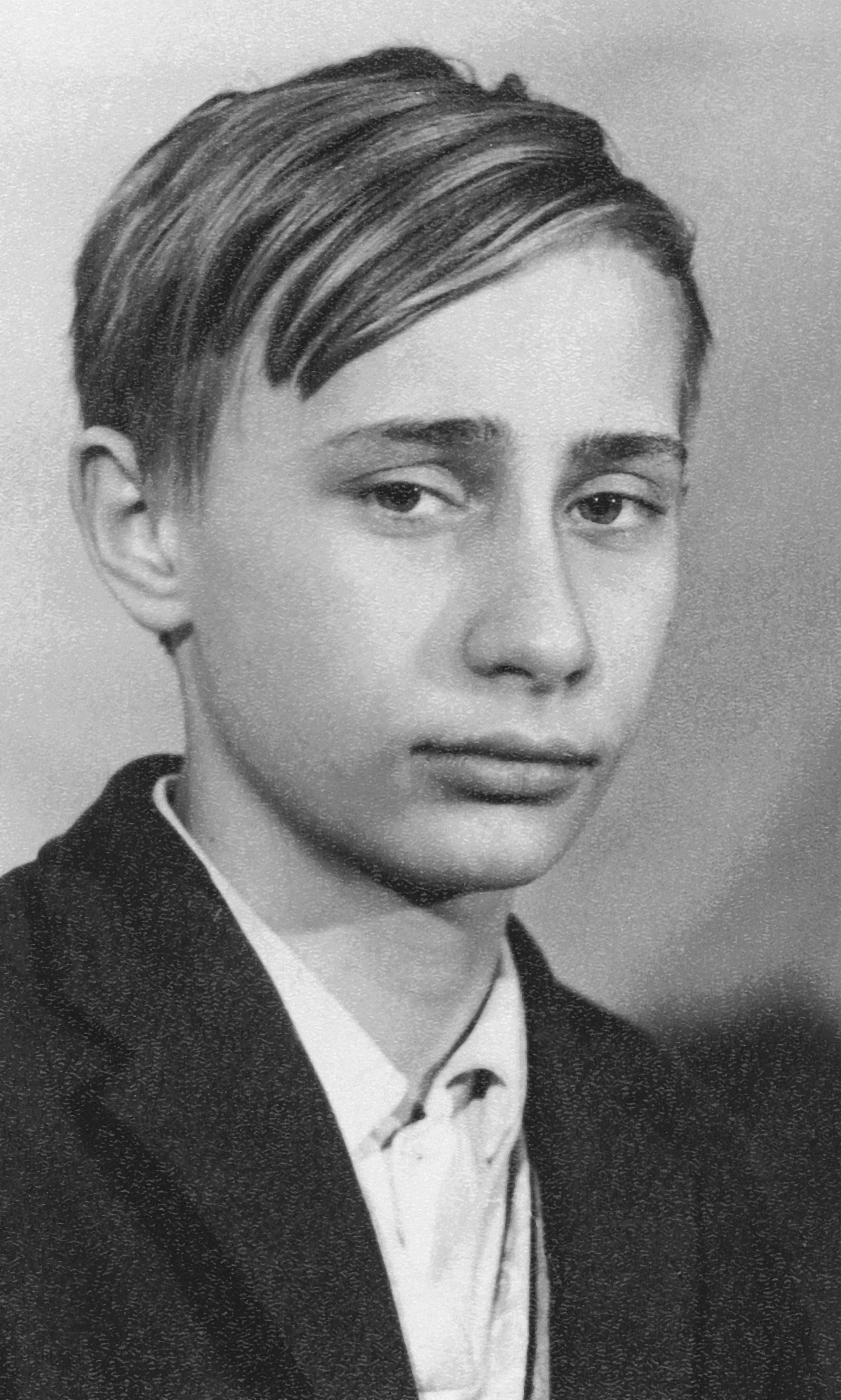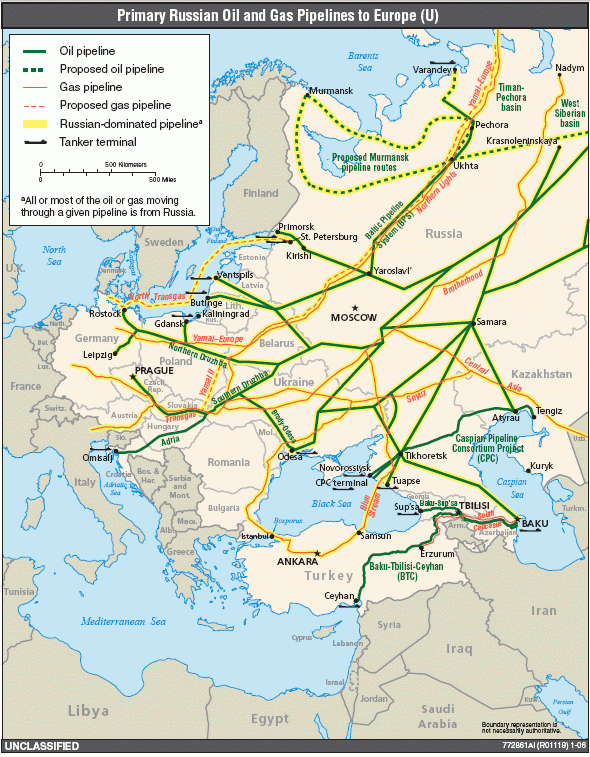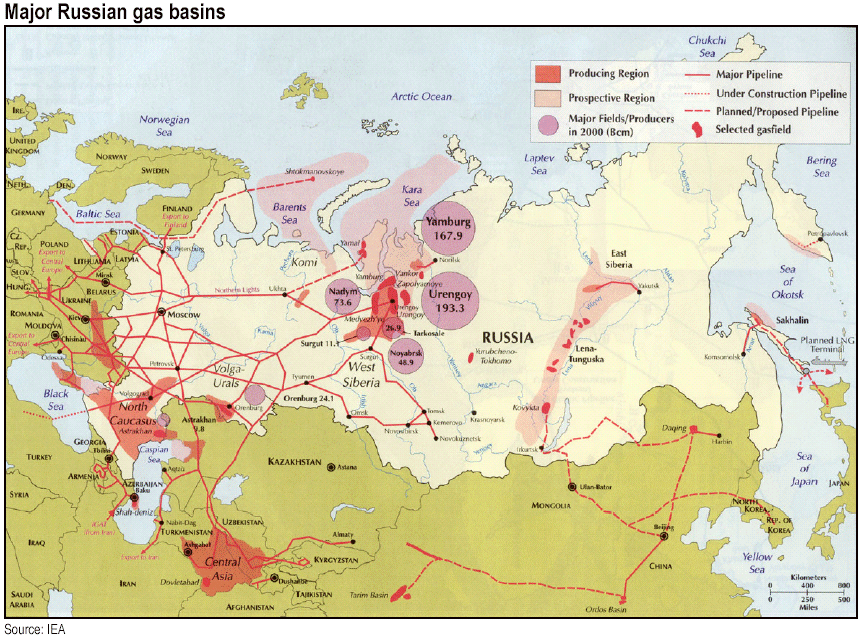|
Domestic Policy Of Vladimir Putin
The domestic policy of Vladimir Putin concerns the internal Russian policies of Vladimir Putin during his tenure as President of Russia, as well as the effects of Putinism and the Putin legislative program within Russia. He previously served as president from 2000 to 2008, and has held the position since 2012. Background Putin's domestic policies, especially early in his first presidency, were aimed at creating a strict "vertical of power". On 13 May 2000, he issued a decree dividing the 89 federal subjects of Russia between 7 federal districts overseen by representatives named by himself to facilitate federal administration. Putin also pursued a policy of enlargement of federal subjects: their number was reduced from 89 in 2000 to the present 83 after the autonomous okrugs of Russia were merged with their parent subjects. According to Stephen White, Russia under the presidency of Putin made it clear that it had no intention of establishing a "second edition" of the American o ... [...More Info...] [...Related Items...] OR: [Wikipedia] [Google] [Baidu] |
Vladimir Putin
Vladimir Vladimirovich Putin (born 7 October 1952) is a Russian politician and former intelligence officer who has served as President of Russia since 2012, having previously served from 2000 to 2008. Putin also served as Prime Minister of Russia from 1999 to 2000 and again from 2008 to 2012. He is the longest-serving Russian president since the independence of Russia from the Soviet Union. Putin worked as a KGB foreign intelligence officer for 16 years, rising to the rank of Lieutenant colonel (Eastern Europe), lieutenant colonel. He resigned in 1991 to begin a political career in Saint Petersburg. In 1996, he moved to Moscow to join the administration of President Boris Yeltsin. He briefly served as the director of the Federal Security Service (FSB) and then as Secretary of the Security Council of Russia, secretary of the Security Council of Russia before Putin's rise to power, being appointed prime minister in August 1999. Following Yeltsin's resignation, Putin became Actin ... [...More Info...] [...Related Items...] OR: [Wikipedia] [Google] [Baidu] |
Crime In Russia
Crime in Russia refers to the multivalent issues of organized crime, extensive political and police corruption, and all aspects of criminality at play in Russia. Violent crime in Siberia is much more apparent than in Western Russia. Crime by type Murder In 2020, the murder rate in Russia was 4.7 per 100,000 people, according to Rosstat (the Russian Federal State Statistics Service).Zdravoohran 2021 Rosstat According to the (UNODC), the homicide rate was 7.3 in 2020 compared to 10.9 in 2016, a significant decrease over the previous 20 years (in 2000, the homicide rate was 28.1), and only slightly hig ... [...More Info...] [...Related Items...] OR: [Wikipedia] [Google] [Baidu] |
Rosneft
PJSC Rosneft Oil Company ( stylized as ROSNEFT) is a Russian integrated energy company headquartered in Moscow. Rosneft specializes in the exploration, extraction, production, refining, transport, and sale of petroleum, natural gas, and petroleum products. The company is controlled by the Russian government through the Rosneftegaz holding company. Its name is a portmanteau of the Russian words (). Rosneft was founded in 1993, as a state enterprise and then incorporated in 1995, acquiring a number of state-controlled gas and oil assets. It became Russia's leading oil company after purchasing assets of the former oil company Yukos at state-run auctions. After acquiring OJSC TNK-BP in 2013, then one of the largest oil companies in Russia, Rosneft became the world's largest publicly traded petroleum company. Rosneft is the second largest Russian company and state-controlled company in Russia in terms of revenue ( ₽4,134 billion). Internationally, it is one of the larges ... [...More Info...] [...Related Items...] OR: [Wikipedia] [Google] [Baidu] |
Gazprom
PJSC Gazprom ( rus, Газпром, , ɡɐsˈprom) is a Russian State-owned enterprise, majority state-owned multinational Energy industry, energy corporation headquartered in the Lakhta Center in Saint Petersburg. The Gazprom name is a contraction of the Russian words ''gazovaya promyshlennost'' (, gas industry). In January 2022, Gazprom displaced Sberbank of Russia, Sberbank from the first place in the list of the List of companies of Russia, largest company in Russia by market capitalization. In 2023, the company's revenue amounted to 8.5 trillion rubles, a significant decline from the 11.7 trillion rubles it reported in 2022. Gazprom is Vertical integration, vertically integrated and is active in every area of the gas industry, including Hydrocarbon exploration, exploration and Extraction of petroleum, production, refining, Petroleum transport, transport, Midstream, distribution and marketing, and Electricity generation, power generation. In 2018, Gazprom produced twelve per ... [...More Info...] [...Related Items...] OR: [Wikipedia] [Google] [Baidu] |
National Champions
National champions are corporations which are technically private businesses but due to governmental policy are ceded a dominant position in a national economy. In this system, these large organizations are expected not only to seek profit but also to "advance the interests of the nation"; the government sets policies which favor these organizations. The policy is practiced by many governments, in some sectors more than others (such as defense), but by giving an unfair advantage against market competition, the policy promotes economic nationalism domestically and global pre-eminence abroad contrary to the free market. The policy also deters or prevents venture capitalism. As the policy is the collective form of inequality of opportunity, it is irreconcilable with the paradigm of the neo-liberal (or "''laissez-faire''") economy. It was a major part of the dirigiste policy of 1945–1975 France. Definition Under a national champion policy, governments expect one domestic cor ... [...More Info...] [...Related Items...] OR: [Wikipedia] [Google] [Baidu] |
Flat Tax
A flat tax (short for flat-rate tax) is a tax with a single rate on the taxable amount, after accounting for any deductions or exemptions from the tax base. It is not necessarily a fully proportional tax. Implementations are often progressive due to exemptions, or regressive in case of a maximum taxable amount. There are various tax systems that are labeled "flat tax" even though they are significantly different. The defining characteristic is the existence of only one tax rate other than zero, as opposed to multiple non-zero rates that vary depending on the amount subject to taxation. A flat tax system is usually discussed in the context of an income tax, where progressivity is common, but it may also apply to taxes on consumption, property or transfers. Major categories Flat tax proposals differ in how the subject of the tax is defined. True flat-rate income tax A true flat-rate tax is a system of taxation where one tax rate is applied to all personal income with ... [...More Info...] [...Related Items...] OR: [Wikipedia] [Google] [Baidu] |
1998 Russian Financial Crisis
The Russian financial crisis (also called the ruble crisis or the Russian flu) began in Russia on 17 August 1998. It resulted in the Russian government and the Russian Central Bank devaluing the Russian rouble, ruble and sovereign default, defaulting on its debt. The crisis had severe impacts on the economies of many neighboring countries. Background and course of events The Russian economy had set up a path for improvement after the Soviet Union had split into different countries. Russia was supposed to provide assistance to the former Soviet states and, as a result, imported heavily from them. In Russia, foreign loans financed domestic investments. When it was unable to pay back those foreign borrowings, the ruble devalued. In mid-1997, Russia had finally found a way out of inflation. The economic supervisors were happy about inflation coming to a standstill. Then the crisis hit, and supervisors had to implement a new policy. Both Russia and the countries that exported to i ... [...More Info...] [...Related Items...] OR: [Wikipedia] [Google] [Baidu] |
Russian SFSR
The Russian Soviet Federative Socialist Republic (Russian SFSR or RSFSR), previously known as the Russian Socialist Federative Soviet Republic and the Russian Soviet Republic, and unofficially as Soviet Russia,Declaration of Rights of the laboring and exploited people, article I. was a socialist state from 1917 to 1922, and afterwards the largest and most populous constituent republic of the Soviet Union (USSR) from 1922 to 1991, until becoming a sovereign part of the Soviet Union with priority of Russian laws over Union-level legislation in 1990 and 1991, the last two years of the existence of the USSR.The Free Dictionary Russian Soviet Federated Socialist Republic . Encyclopedia2.thefreedictionary.com. Retrieved on 22 June 2011. The Russ ... [...More Info...] [...Related Items...] OR: [Wikipedia] [Google] [Baidu] |
List Of Countries By GDP (nominal)
Gross domestic product (GDP) is the market value of all final goods and services from a nation in a given year. Countries are sorted by nominal GDP estimates from financial and statistical institutions, which are calculated at market or government official exchange rates. Nominal GDP does not take into account differences in the cost of living in different countries, and the results can vary greatly from one year to another based on fluctuations in the exchange rates of the country's currency. Such fluctuations may change a country's ranking from one year to the next, even though they often make little or no difference in the standard of living of its population. Comparisons of national wealth are also frequently made based on purchasing power parity (PPP), to adjust for differences in the cost of living in different countries. Other metrics, nominal GDP per capita and a corresponding GDP (PPP) per capita, are used for comparing national standard of living. On the whole, ... [...More Info...] [...Related Items...] OR: [Wikipedia] [Google] [Baidu] |
List Of Countries By GDP (PPP)
GDP (PPP) means gross domestic product based on purchasing power parity. This article includes a list of countries by their forecast estimated GDP (PPP). Countries are sorted by GDP (PPP) forecast estimates from financial and statistical institutions that calculate using market or government official exchange rates. The data given on this page are based on the international dollar, a standardized unit used by economists. Certain regions that are not widely considered countries such as Hong Kong also show up in the list if they are distinct jurisdiction areas or economic entities. GDP comparisons using PPP are arguably more useful than those using nominal GDP when assessing the domestic market of a state because PPP takes into account the relative cost of local goods, services and inflation rates of the country, rather than using international market exchange rates, which may distort the real differences in per capita income. It is however limited when measuring financial ... [...More Info...] [...Related Items...] OR: [Wikipedia] [Google] [Baidu] |
List Of Countries By GDP (real) Growth Rate
This article includes lists of countries and dependent territories sorted by their real gross domestic product growth rate; the rate of growth of the total value of all final goods and services produced within a state in a given year compared with the previous year. The figures are from the International Monetary Fund (IMF) World Economic Outlook Database, unless otherwise specified. This list is not to be confused with the list of countries by real GDP per capita growth, which is the percentage change of GDP per person taking into account the changing population of the country. List of countries by GNI per capita growth measures changes in gross national income per capita. List (2024) As referenced in the introductory paragraph, the figures in the following list are from the International Monetary Fund World Economic Outlook Database (2024) unless otherwise specified. Growth by countries and regions Growth by regions List (2013–2023) * Countries by yearly gro ... [...More Info...] [...Related Items...] OR: [Wikipedia] [Google] [Baidu] |
GDP Of Russia Since 1989
Gross domestic product (GDP) is a monetary measure of the total market value of all the final goods and services produced and rendered in a specific time period by a country or countries. GDP is often used to measure the economic performance of a country or region. Several national and international economic organizations maintain definitions of GDP, such as the OECD and the International Monetary Fund. GDP is often used as a metric for international comparisons as well as a broad measure of economic progress. It is often considered to be the world's most powerful statistical indicator of national development and progress. The GDP can be divided by the total population to obtain the average GDP per capita. Total GDP can also be broken down into the contribution of each industry or sector of the economy. Nominal GDP is useful when comparing national economies on the international market according to the exchange rate. To compare economies over time inflation can be adjusted by ... [...More Info...] [...Related Items...] OR: [Wikipedia] [Google] [Baidu] |






